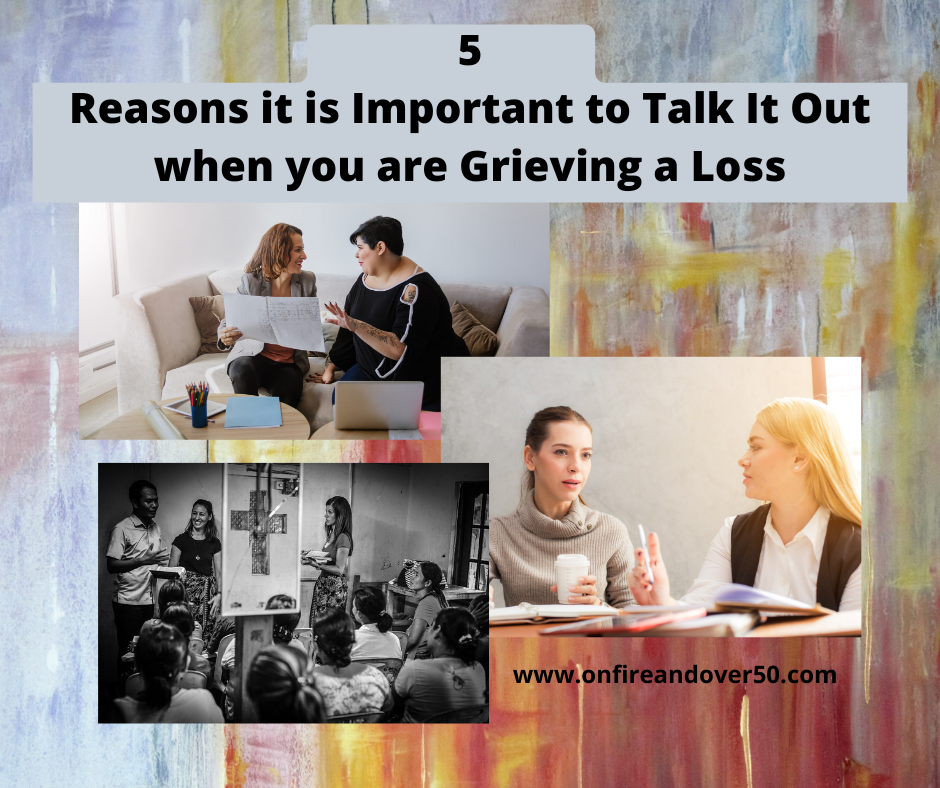Does that mean it's time to move on? To stop talking about it? To put it in your past and forget about it? No! It means you need to find someone who will listen and will support you for the long run. It might be more than one person, it might be a therapist or minister, it might be that you need to join a grief support group. There are many types of support groups available. Some are person to person (physical), some are virtual (internet), and some are connected to another group (such as a church or community outreach).
What you don't want to do is keep everything in your head or bottled up. Even with all the groups in existence, if you can't find one that you feel comfortable with, try journaling. Get a beautiful bound journal and write down everyday what you are feeling. Make it a ritual. Empty your head of all the thoughts of the day. Writing it down often helps us to see the feelings we are harboring and to put some order in them. It may also help to unclutter our minds so that we can think more clearly.
Regardless of how you accomplish this task, do it. Talk it out or write it out. Don't keep your feelings and thoughts in your head to grown and get out of control. You need an outlet for these thoughts and feelings whether it's been 10 minutes or 10 years since you experienced your loss.
It's a step in healing, don't underestimate or overlook it.
Stay Connected.
Have you lost a loved one recently to death? Do you have a person, persons, or group to “talk it out” with? Do you find it helps in your healing? Do you have any suggestions to offer someone else who may be experiencing the same thing?
XOXO

 RSS Feed
RSS Feed